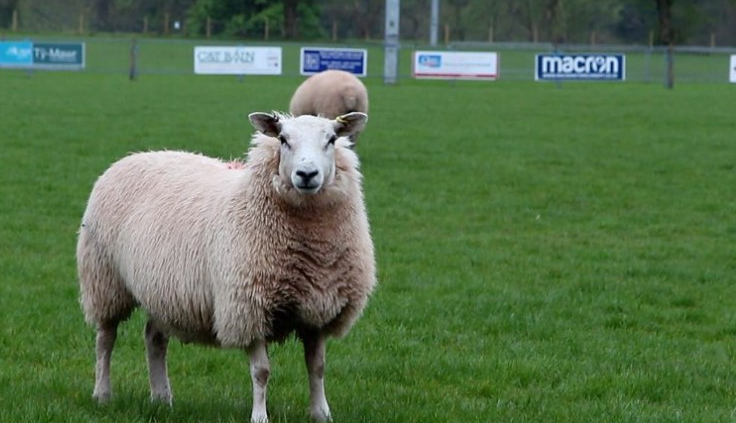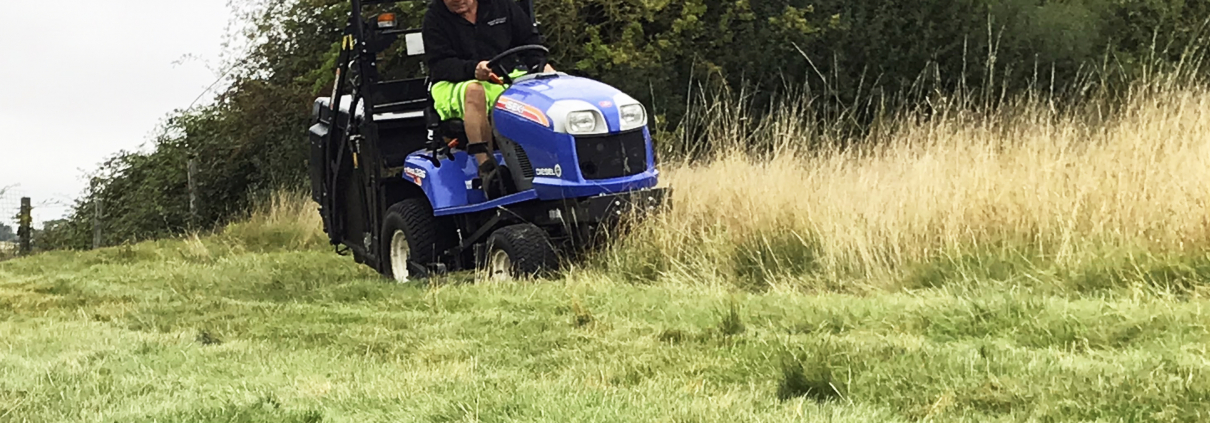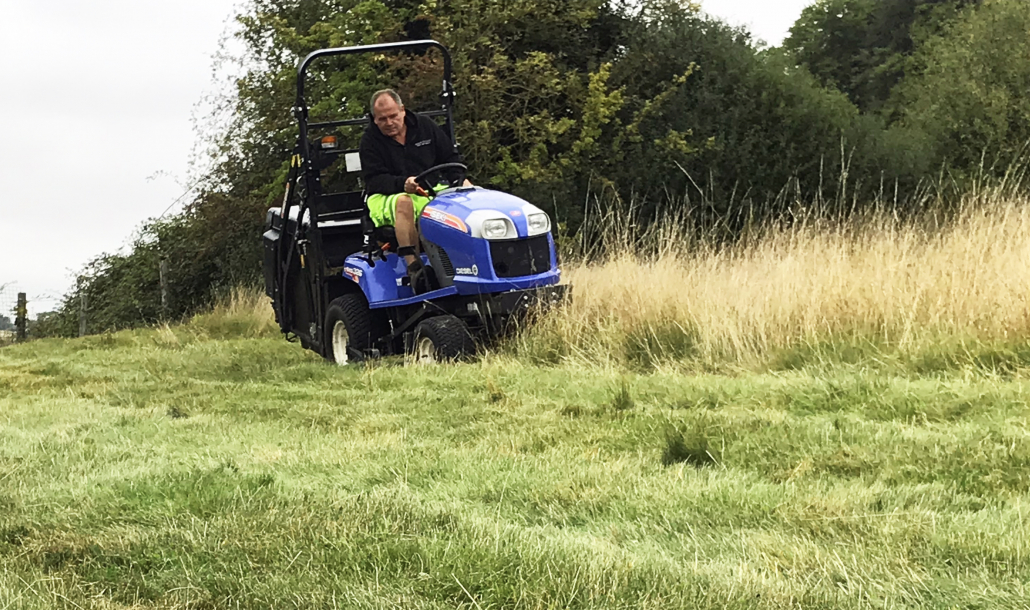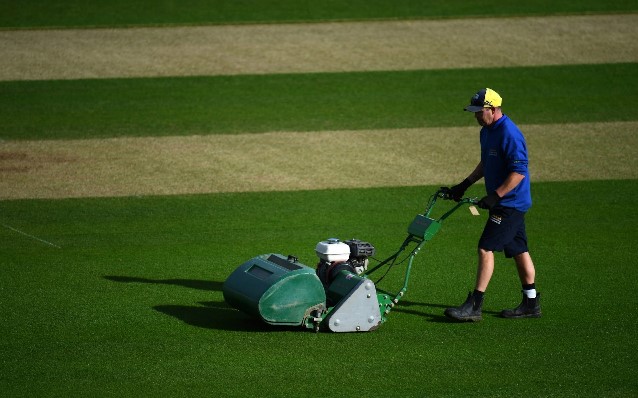S&C Slatter hand over the baton
S&C Slatter hand over the baton: Leading sports construction specialists S&C Slatter, in partnership with Beynon Sports, officially handed over Alexander Stadium’s new World Athletics Class 1 facilities in May
Working with world-leading athletics track manufacturer Beynon Sports, S&C Slatter has successfully delivered a full design and build package for the state-of-the-art athletics facilities, under McLaughlin & Harvey’s ultramodern Alexander Stadium redevelopment project.

S&C Slatter hand over the baton
Boasting two cutting-edge athletics tracks with natural grass infields, as well as an additional dedicated practice throws area, the facility has attained a World Athletics Class 1 Athletics Facility Certificate, required for hosting the highest level of international competition – including the Olympics and World Athletics Championships.
For S&C Slatter’s experienced team, it was no sweat. Between them they’ve delivered athletics tracks across the country, from community to elite level.
Steve Ayres, Contracts Manager, S&C Slatter, commented:
“This project presented an immovable deadline and demanded the highest standards, but with our expertise, scale doesn’t impact our ability. Strong communication, adaptability and experience are what ensured our programme was delivered to schedule. Others might find the extra scrutiny a challenge – but we produce the best we can, whether for a local school or the highest levels of competition.”
An industry leader in North America, with over 7,500 installations in the last 40 years, the Alexander Stadium redevelopment marks the first UK installation for Beynon delivered under their exclusive partnership with S&C Slatter. Together, the leading manufacturer of World Athletics Class 1 Surfaces in the United States and one of the UK’s leading sports construction specialists, know what it takes to deliver superior sports facilities.
Jason Douglass, S&C Slatter Group Director, commented:
“We were delighted to work with Beynon Sports on this truly exciting project, producing world-class athletics facilities as part of the Alexander Stadium redevelopment.
With a proven history of delivering sports facilities for the very highest levels of global performance, as well as for community use, we’re thrilled to have provided an outstanding facility for the City of Birmingham and elite athletes across the nation.”
For the latest industry news visit turfmatters.co.uk/news
Get all of the big headlines, pictures, opinions and videos on stories that matter to you.
Follow us on Twitter and Instagram for fun, fresh and engaging content.
You can also find us on Facebook for more of your must-see news, features, videos and pictures from Turf Matters.


























